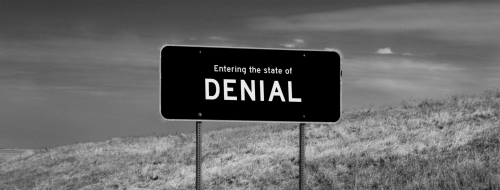Types of Denial
- Access to licensed treatment centers
- Information on treatment plans
- Financial assistance options
 We receive countless calls and emails from friends and loved ones who are worried that addiction is taking over.
We receive countless calls and emails from friends and loved ones who are worried that addiction is taking over.
One of the first steps to addressing addiction, be it alcohol, drugs, food or gambling, is to have a firm understanding of behavior.
You know their behavior better than anyone. How has their character or behavior changed over time?
This may be about getting to know their new behavior better, knowing who else is playing a supporting role in the addiction or in knowing what can or should be done to minimize or take control of the situation.
We spend a lot of time and energy talking about common signs of addiction, from social behavior to health and physical signs. Today I want to talk about a very specific and very common behavioral sign, Denial.
Does your insurance cover treatment at Desert Hope in Las Vegas?
Check your insurance coverage or text us your questions to learn more about treatment by American Addiction Centers (AAC).
The Definition of Denial: de·ni·al noun – (1) : an unconscious defense mechanism used to avoid, reduce or prevent anxiety when feeling threatened (2) : not letting reality in
Top 10 Common Types of Denial
1-Simple Denial
“I don’t have a problem”
2-Defiance
“I have a right to drink”
3-Comparing
“I don’t drink as much as some of my friends”
4-Minimizing
“My drinking isn’t that bad”
5-Rationalizing
“It’s OK because it was my Birthday”
6-Scapegoat
“You would drink too if you had my responsibilities”
7-Justifying
“I’m not hurting anyone but myself”
8-Grandiosity
“I can do this on my own”
9-Joking
“That reminds me of this one time I drank too much”
10-Avoiding
“I’m an adult, I can make my own decisions”
Does your insurance cover treatment at Desert Hope in Las Vegas?
Check your insurance coverage or text us your questions to learn more about treatment by American Addiction Centers (AAC).